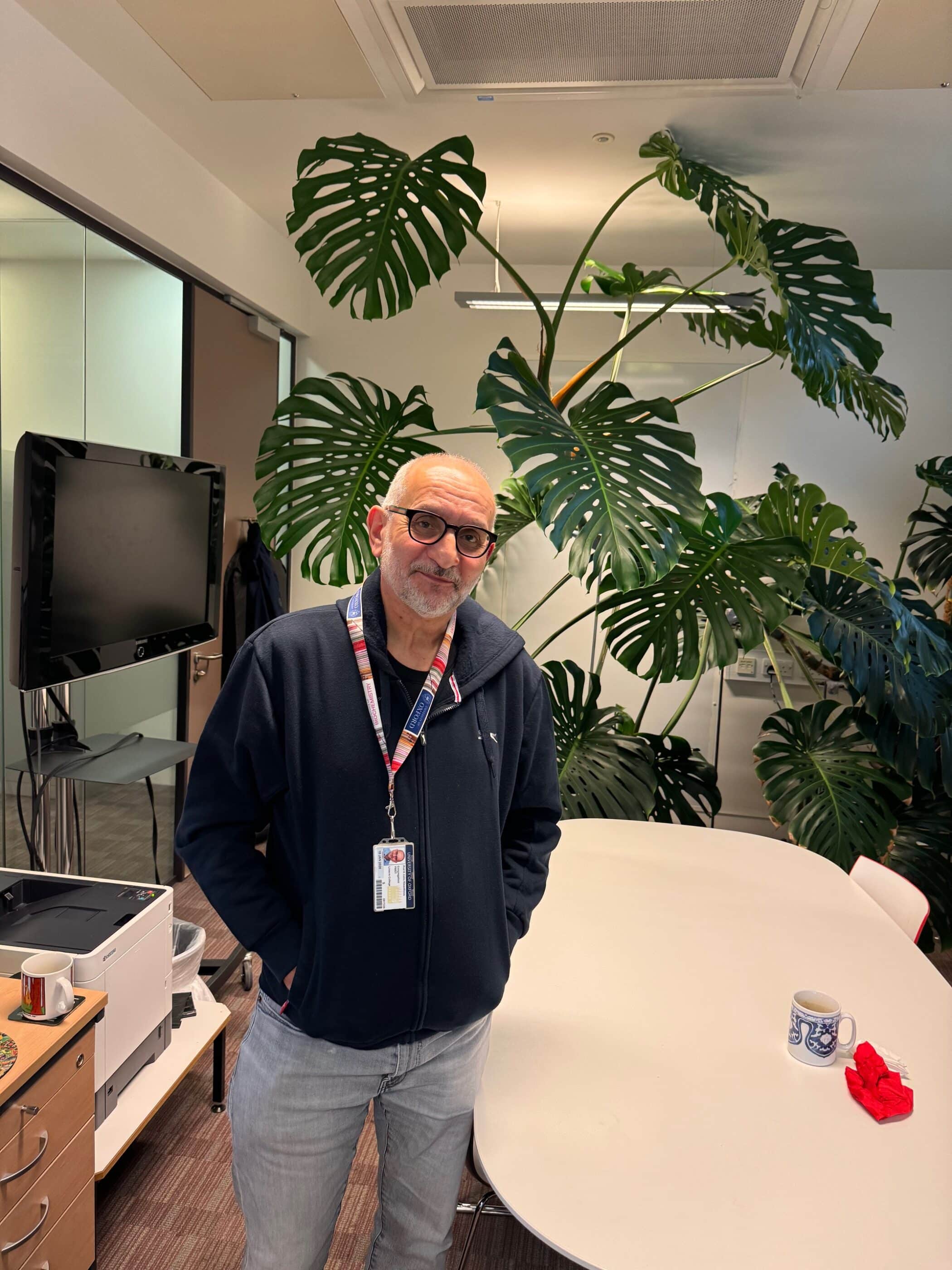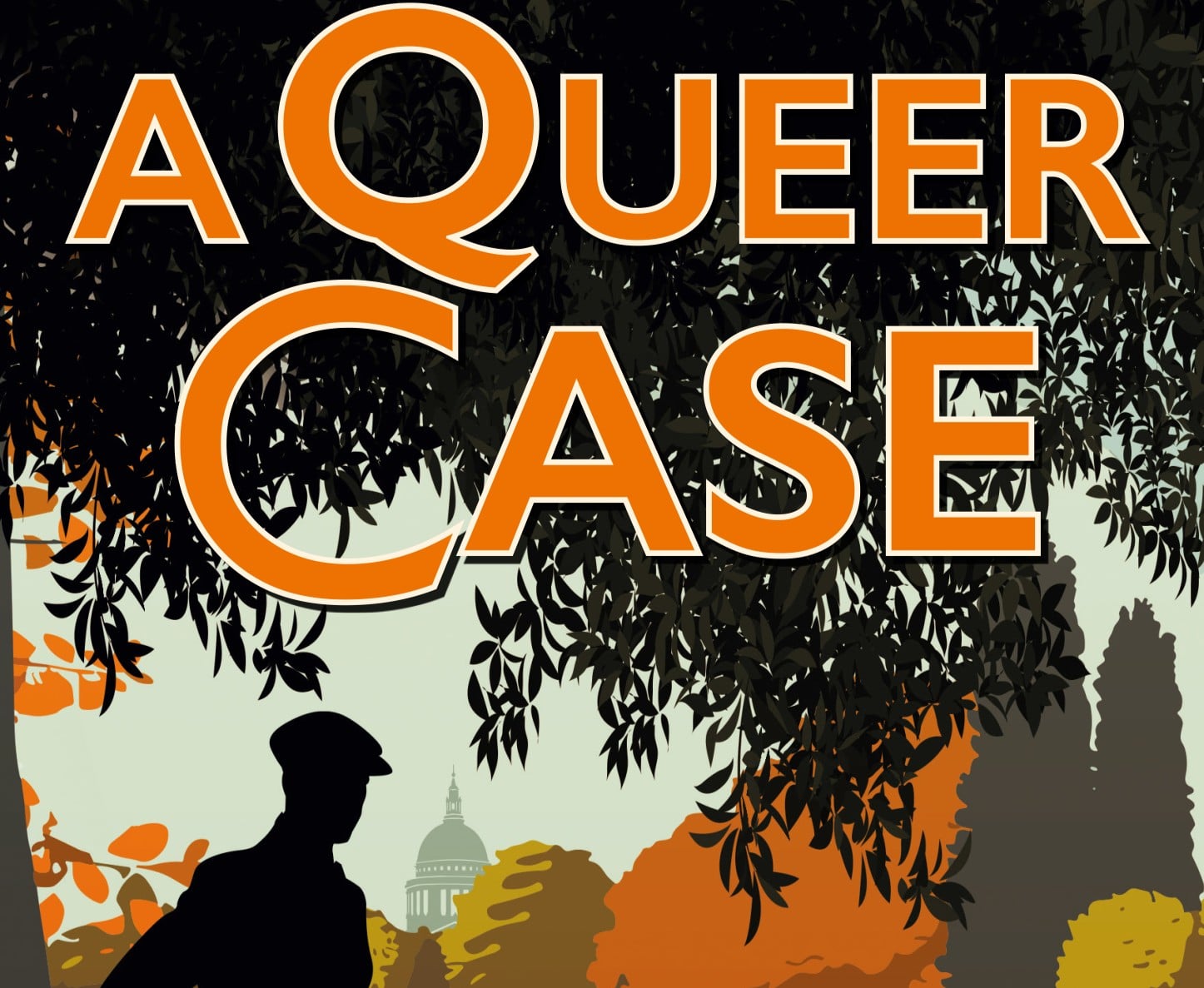Young people have given important insights into what mental health support they prefer and what does not work for them or meet their needs, as part of a major new study of thousands of adolescents.
The study, led by teams at the University of Oxford and University of Cambridge, found that adolescents access a variety of different types of support including informal (such as friends and family), semi-formal (like school-based support), and formal services (such as Child and Adolescent Mental Health Services).
While support from friends and family was rated highly in terms of helpfulness, some services – including online support and helplines as well as more formal health and social care services – were not viewed as positively.
Researchers say their findings underscore the importance of recognising the spectrum of support young people use and they urge a radical rethink of mental health services for adolescents.
The findings, published in the journal Psychological Medicine, used data from nearly 24,000 adolescents aged between 11 and 18 who participated in the OxWell Study Survey.
It found:
· 1 in 4 (27%) young people reported having accessed some form of support for their mental health in the previous year, and of those, more than half had accessed at least two forms of support.
· 23% had accessed ‘informal’ support, such as from parents, carers and friends. The majority (between 87 and 91%) of these found this support helpful, including those with elevated symptoms of anxiety and depression.
· 1 in 10 (9.7%) had accessed ‘semi-formal’ support, mostly from school mental health teams or other adults at school. Other adults at school and peer mentors were considered most helpful (82% and 74% respectively).
· Less than one per cent of young people surveyed accessed online and helpline-based support, which were viewed less favourably than other forms of ‘semi-formal’ support (just over half who used them found them helpful).
· Just under 7% of young people accessed ‘formal’ support, such as that provided by Child and Adolescent Mental Health Services (CAMHS), a GP or private therapist or counsellor.
· ‘Formal’ support was generally perceived as less helpful than other forms of support. 55.5% of those who used CAMHS found it helpful.
Linacre Fellow, Professor Mina Fazel, who is a Professor of Child and Adolescent Psychiatry at the University of Oxford and Principal Investigator for the OxWell study, said: “Our analysis highlights the multiple ways adolescents are seeking support across formal, semi-formal and informal networks. We are committed to using the findings to help inform how to improve mental health services and support students, especially those young people who are finding it hardest to get help and often need the most support.
“Already we are using the data to demonstrate to mental health commissioners and decision-makers how services can be more effectively tailored to support young people, such as finding ways to support young people who are helping their friends.”
The researchers say mental health services and support need to be developed and delivered with an understanding that young people often seek multiple sources of support and a better understanding what they would like from services is essential.


















